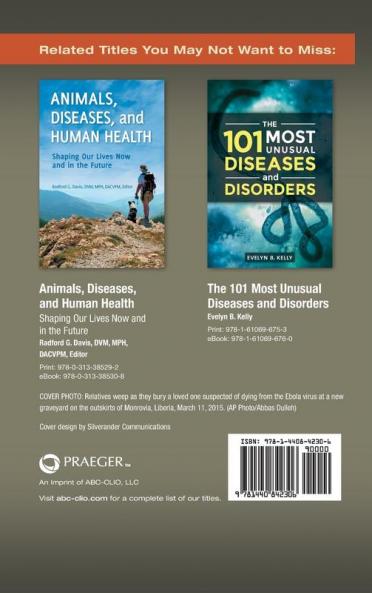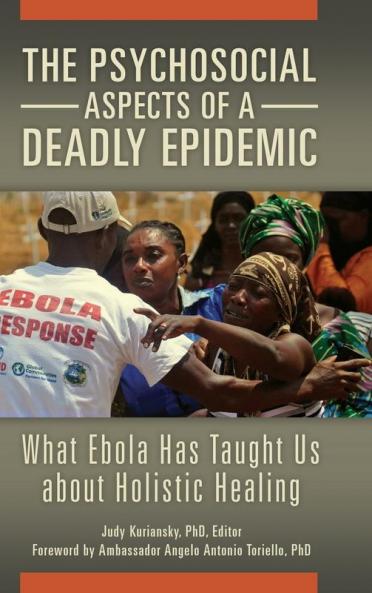This Book is Out of Stock!
by
English
Hardback
₹4079
₹5525
26.17% OFF
(All inclusive*)
Delivery Options
*COD & Shipping Charges may apply on certain items.
Review final details at checkout.
Looking to place a bulk order? SUBMIT DETAILS
About The Book
Description
Author
Edited by a clinical psychologist who has been on the ground helping to develop psychosocial support for Ebola survivors in one of the hardest-hit regions of West Africa this book explains the devastating emotional aspects of the epidemic and its impact on survivors and the population in West Africa families in the diaspora and people in the United States and other countries. It also describes lessons learned from past epidemics like HIV/AIDS and SARS and valuable approaches to healing from future epidemics.While the devastating Ebola epidemic has been contained the effects of this outbreakreferred to by the World Health Organization as the most severe acute public health emergency seen in modern timeshave wreaked a tremendous emotional toll on the populations of West Africa as well as on families and survivors worldwide. This groundbreaking book covers the psychosocial needs programs and policies related to the Ebola epidemic and examines broader lessons of the outbreak such as changes in the ways in which healing from future epidemics can be handled.Edited by Judy Kuriansky PhD a noted clinical psychologist and United Nations NGO representative with extensive experience helping after disasters worldwide and direct experience gained from being on the ground in West Africa in the midst of the epidemic this book identifies and explains universal psychological factors at play in all such crises. It debunks myths regarding Ebola and describes the resulting psychological and social harm caused by the epidemic. The chapters cover overarching emotional issues and problems as well as the long-term impact on at-risk groups such as children women and health workers; the impact of emotional issues on social and economic life; responses of government officials media and various aid organizations; and solutions being offered by groups worldwide including service and humanitarian organizations politicians policymakers and public health education groups.
*COD & Shipping Charges may apply on certain items.
Review final details at checkout.
₹4079
₹5525
26% OFF
Hardback
Out Of Stock
All inclusive*
Details
ISBN 13
9781440842306
Publication Date
-21-03-2016
Pages
-456
Weight
-735 grams
Dimensions
-156x234x25.4 mm











